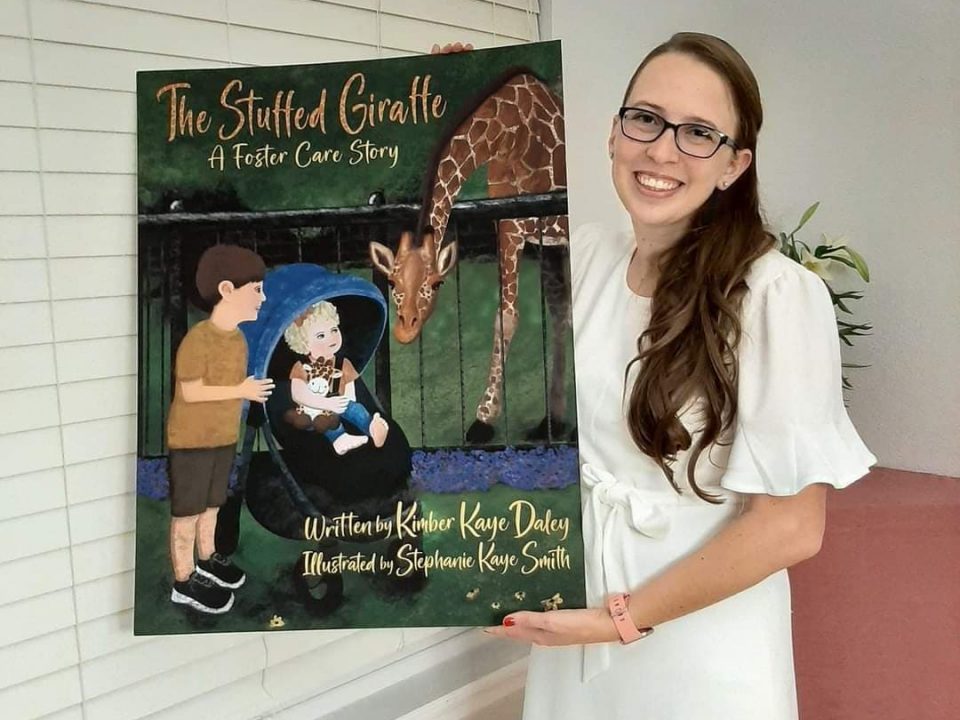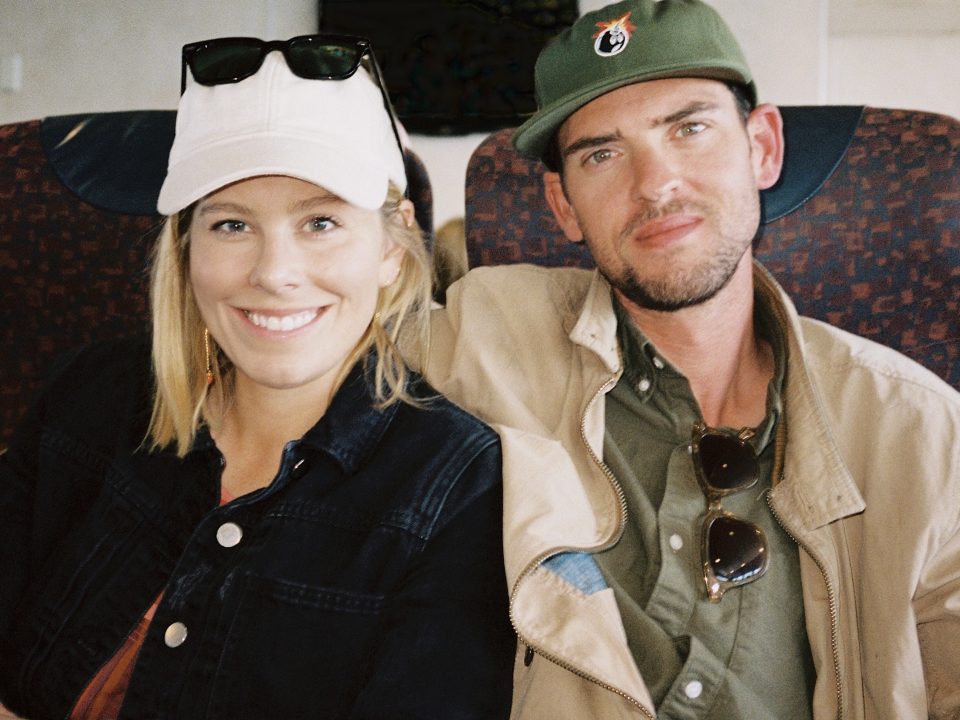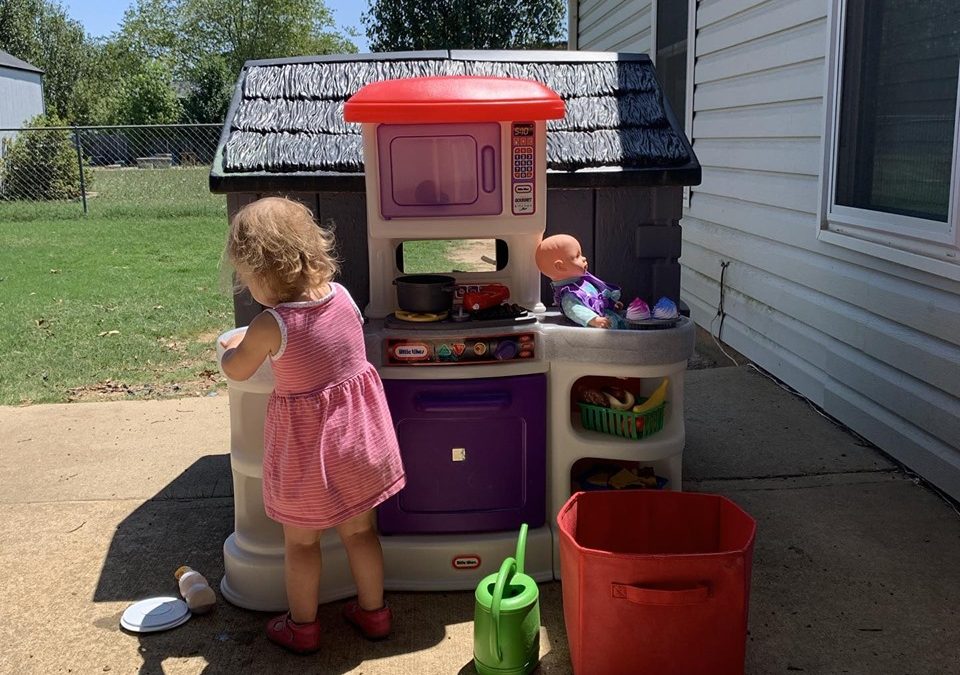
There is a huge need for more loving foster homes; 1900 in South Carolina alone. Care2Foster believes that any family that can care for traumatized children makes a great foster family. We hear from many unique families that originally were unsure if they would be qualified to foster, but now are thriving as foster parents in authentic and supportive community.
Foster care is hard enough as it is, but as a unique family there may be some additional challenges. Representation matters- both for the foster family and the children in their care. Seeing other families that look like your own, that you can relate to, is important. Amanda considers her family to be unique. She is a legacy foster family- her parents were therapeutic foster parents while she was growing up in middle and high school, welcoming many children into their home with complex needs over 9 years.
Now she and her wife, Leah, are foster parents as well since they married in 2017. They have 4 dogs, care for many feral community cats, and currently have 2 children in their home. Same-sex couples in South Carolina can be licensed foster families. Not all agencies will license all families. You can check with private agencies in advance to find out their requirements and qualifications.
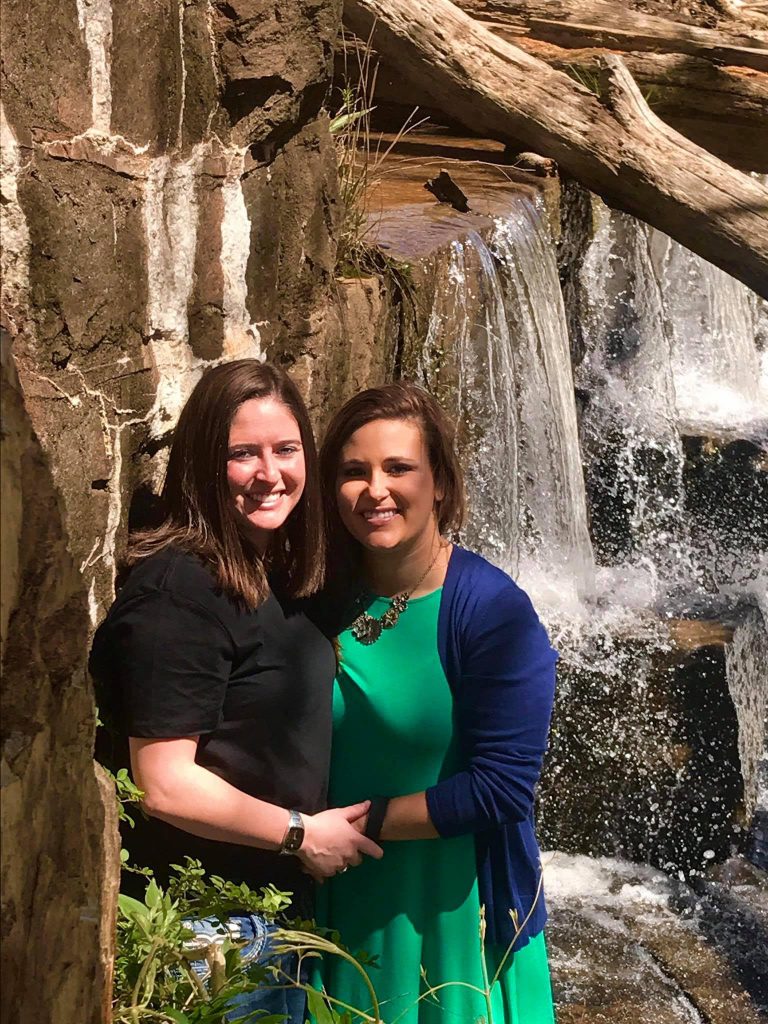
Amanda knew that she wanted to foster when she grew up. However, her wife was very unfamiliar with foster care. Together they decided that as they explored their path to parenthood, foster care was a good start. Leah was very supportive although Amanda was definitely the one who was most passionate about pursuing it. They have been fostering for about one year now and have had seven children come through their home.
Thriving as a foster parent looks different for each family but Amanda judges her own success based off of how the children are doing. If they are making way on their journey, taking steps forward, which looks different for every child, then maybe that is success. It’s not a destination as much as a journey. Some children have come into their home and have been very happy and made strides immediately. Some take more time to adjust but still get more comfortable each day.
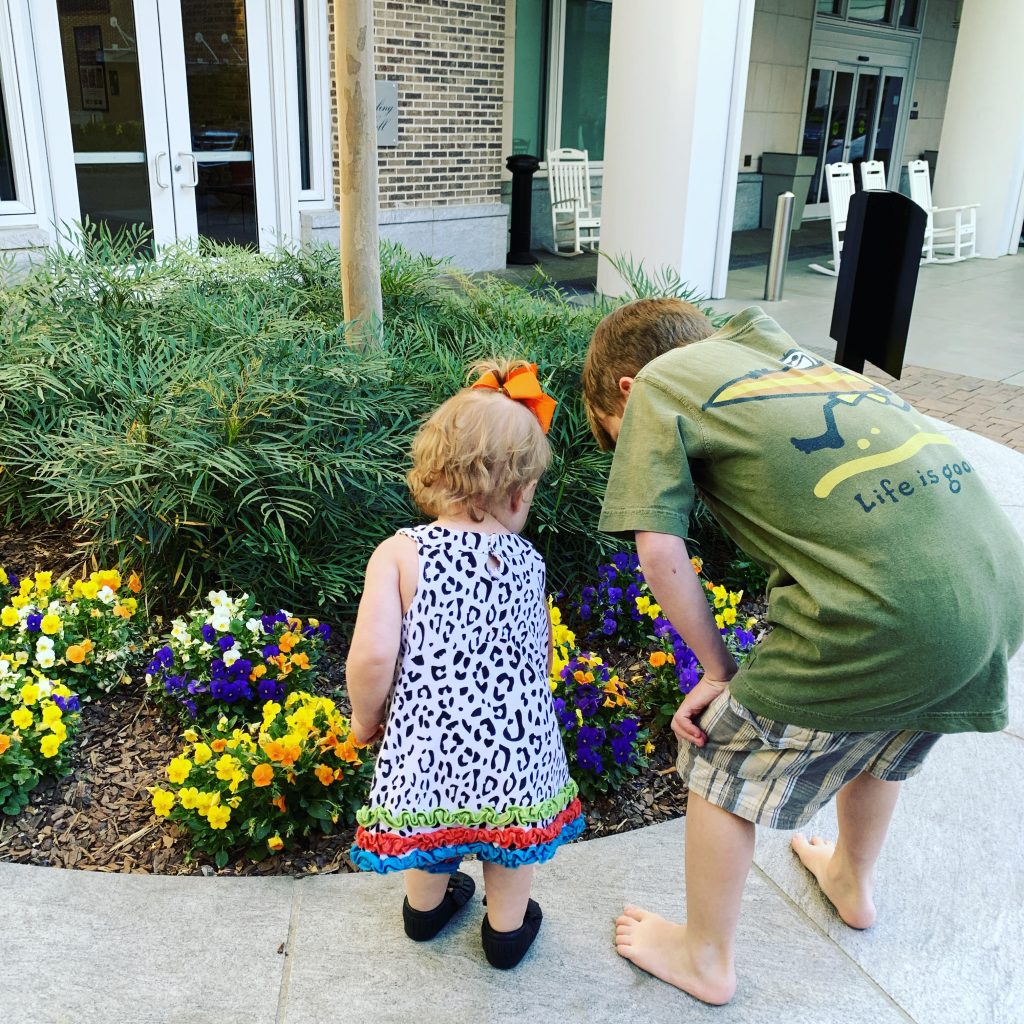
That is what thriving is for our family. We want the children to know that they have a safe environment to feel what they need to feel and heal at their own speed and pace. We know we’re doing it right just like every parent does. You can feel it. You can see it. You just know. It doesn’t mean you don’t question yourself, but I think that’s part of the doing it right.
Amanda and Leah’s challenges have mostly been learning to communicate as parents and wives. “I would gladly take in every child within our means, but Leah keeps me from doing that at every turn.” Communication has to be consistent and parents have to respect the boundaries of their spouse. Amanda and Leah also have typical struggles like balancing schedules: work, school, and night school; going from zero children to three under 5. They try to compromise based on their individual needs- cloth diapering not being Leah’s thing and finding that out the hard way.

Luckily, almost everyone that their family has encountered have been extremely welcoming to their unique same-sex family- the licensing agency, DSS case workers, home churches and pastors. “I think the way past all challenges in our fostering journey have been mended or remediated with time and communication.” They have run into some naysayers, but mostly have found support.
Supportive communities for us are those that aid and assist not just us as parents but offer insight and assistance to better the experiences for our whole family. I think because we haven’t seen other foster families that look like us, it puts us at a slight disadvantage. Our children haven’t seen or talked to other kids with two moms and I think that if they had that option, they would have a comfort in not being the only family they see like us.
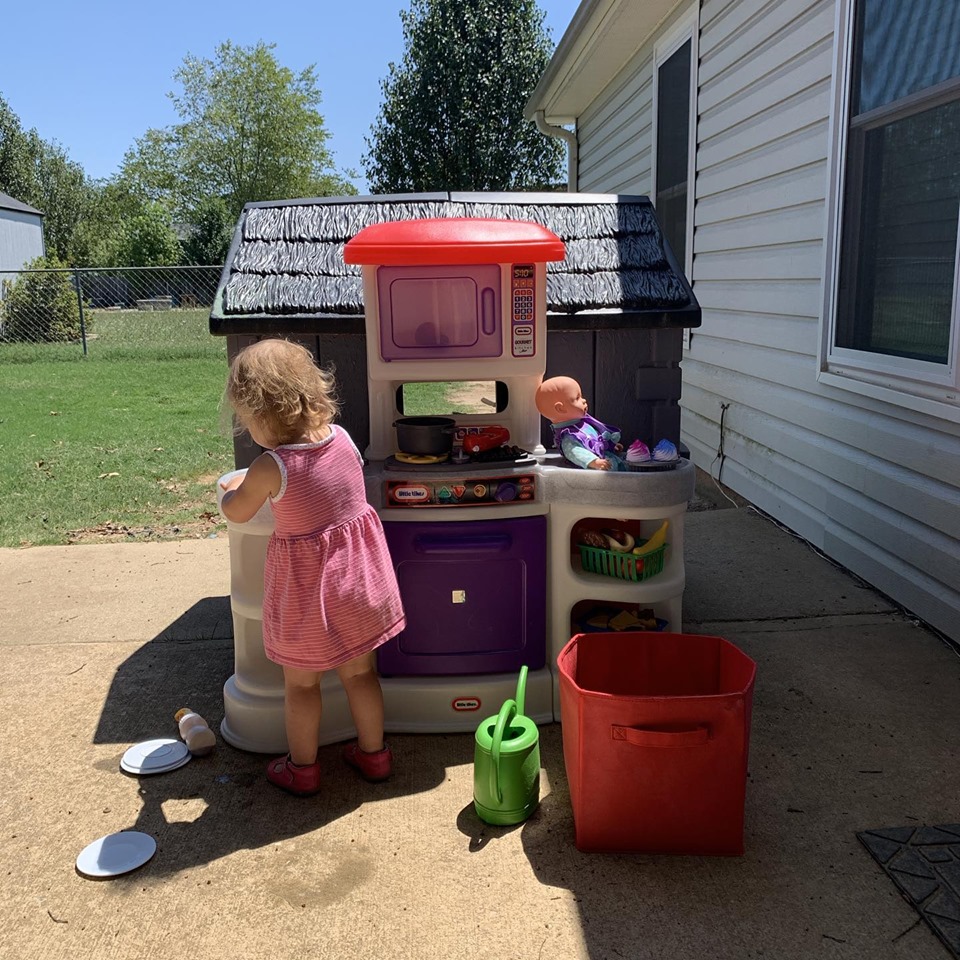
We would love to see more unique families get into foster care and be able to support these families well. Representation matters. Being able to relate and ask questions and provide support based on experience can be crucial to success. No one wants to feel alone.

